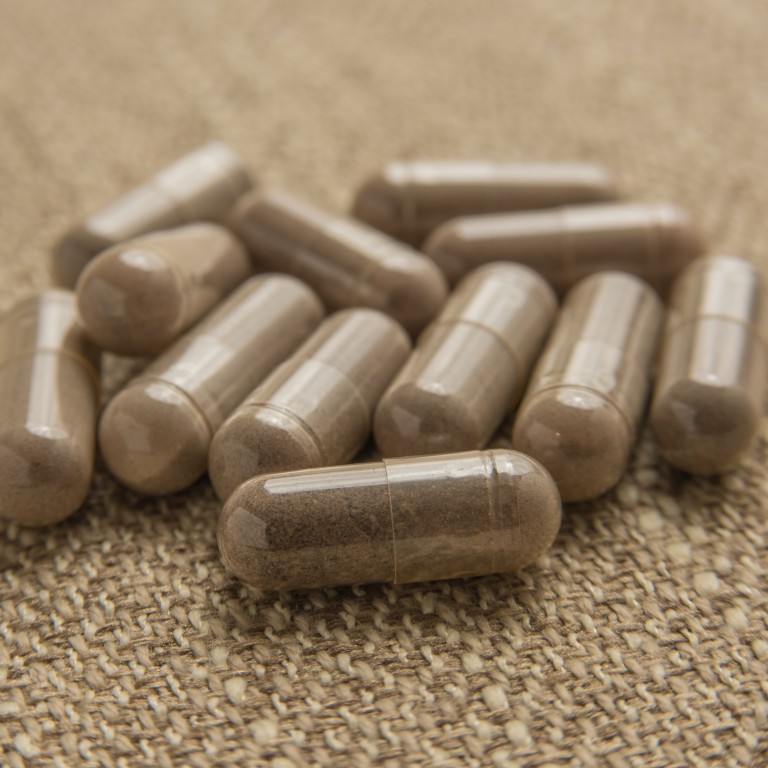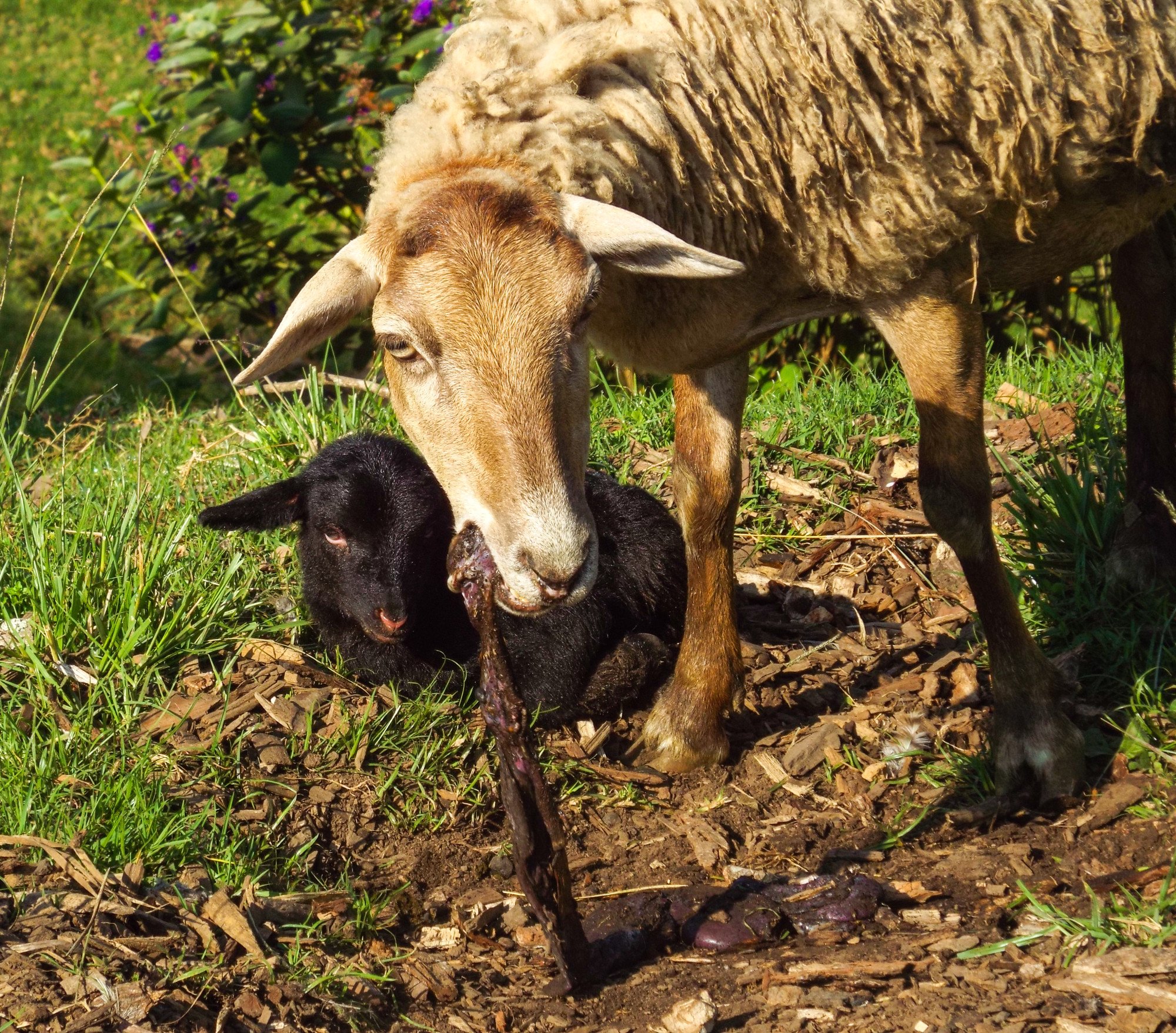
Kourtney Kardashian ate her placenta and called it life-changing. Should you eat yours? Experts weigh in
- Placentophagy is becoming more popular, with advocates claiming that it can help with postnatal depression, lactation and weight loss
- Traditional Chinese medicine (TCM) has touted the health benefits of eating the placenta for thousands of years – but health experts caution there are risks
Model and host of US reality TV series Top Chef Padma Lakshmi said in a 2016 interview that it was “not as gross as it sounds”. Reality TV star Kourtney Kardashian wrote in a 2015 Instagram post that it was life-changing. And, during a television interview in 2014, actress Alicia Silverstone called them her “happy pills”.
What these celebrities were referring to was their placenta, which they’d consumed in one form or another after giving birth.
Placentophagy is widespread among mammals, but, according to an expert review published in 2017 in the American Journal of Obstetrics & Gynaecology, “no contemporary human culture incorporates eating placenta postnatal as part of its traditions”.
The pros and cons of eating human placenta, as Kardashians did
In recent years, however, the practice has been gaining popularity among new mothers in the United States, Europe and Australia. The review states that while the placenta can be eaten raw, cooked, roasted, dehydrated, or encapsulated in smoothies and tinctures, the most frequently used preparation appears to be encapsulation after the organ is steamed and dehydrated.
“The placenta is an organ formed by the cells of the embryo,” says Dr So Chun-hong, an obstetrician and gynaecologist at Hong Kong’s Matilda International Hospital.
“It connects an expectant mum to her baby and it has an important role as it delivers oxygen, nutrients and hormones to the developing fetus and removes carbon dioxide and waste products from the fetus’ blood.”

Candice Chan, a Hong Kong-based nutritionist and naturopathic doctor, says that traditional Chinese medicine (TCM) has touted the health benefits of placenta consumption for thousands of years.
“After childbirth, a new mother is particularly susceptible to internal cold. This is why, during the confinement period, she’s taught to wash in ginger water to help promote internal warmth. She is also in a weakened state with the potential loss of blood, qi and essence. This triad is key to maintaining balanced health and vitality.

“In TCM, the placenta is viewed as highly nourishing, supplying warmth, nutrients, blood, qi and essence. It helps replenish all the facets of deficiency from pregnancy and childbirth. Therefore in TCM, the placenta can help drive away insufficient lactation, feelings of cold, low energy, and dull, pale skin complexion.”
Chan points out that placentophagy isn’t common in Hong Kong, where it is considered taboo. To raise awareness of its benefits, she founded Tree of Life, which offers placental encapsulation.
Following the TCM method, her clients’ placentas are first steamed before being sliced, dehydrated and ground into a powder to produce capsules. By offering this service, Chan hopes to remove the stigma of placentophagy and empower new mums to take care of their health.

Encapsulation, says Chan, not only makes consuming your placenta convenient, since it resembles any other supplement you’d take; you also don’t have to store or cook the organ or worry about how it will smell or taste.
But just because you can consume your placenta, does it mean that you should?
“It’s controversial as to whether placentophagy is beneficial. We currently don’t have any formal scientific proof that it is,” says So.
Postnatal depression can hit mothers years after giving birth
“Women who have consumed their placenta say that the practice is good for postnatal depression, encourages breast milk production and helps with hormone imbalances, but so far we have no solid evidence for any of this.”
The American College of Obstetricians and Gynaecologists (ACOG) has no opinion on placentophagy.
In a statement given to USA Today in 2018, ACOG’s director of media relations and communications said that the college “has no guidance on eating placenta because there is no real scientific data behind it”.

The Centres for Disease Control and Prevention (CDC) in the United States has also stated that there is no scientific evidence to support claims that ingesting placenta is beneficial. In fact, it warned that the practice is dangerous for newborn babies.
In September 2016, the Oregon Health Authority in the United States documented a case of an infant developing a severe bacterial infection (Streptococcus agalactiae) as a result of the mother consuming contaminated placenta pills.
If you’re considering eating your placenta after giving birth, So says to be aware of the risks.
“For one, if there’s an infection in your uterus or birth canal, your placenta may carry those pathogens, too, so it may endanger your health if ingested.
“Second, whether it’s raw or cooked, no matter how it’s prepared, you can’t tell if the placenta is safe to consume or not. Even if it’s encapsulated, you can’t be completely sure of its sterility as you don’t know what quality-control measures were followed.
“And finally, the placenta contains a lot of hormones, and we don’t know how that may affect you if ingested. No studies have been conducted on this yet.”
Human placenta trade from medical waste and funeral homes rife despite risk
Chan asks her clients to undergo screening before having their placentas processed, to determine their suitability for the encapsulation service.

